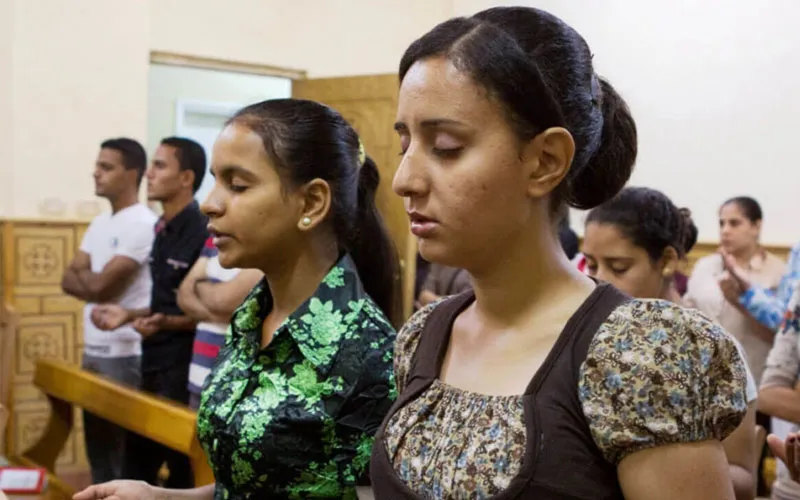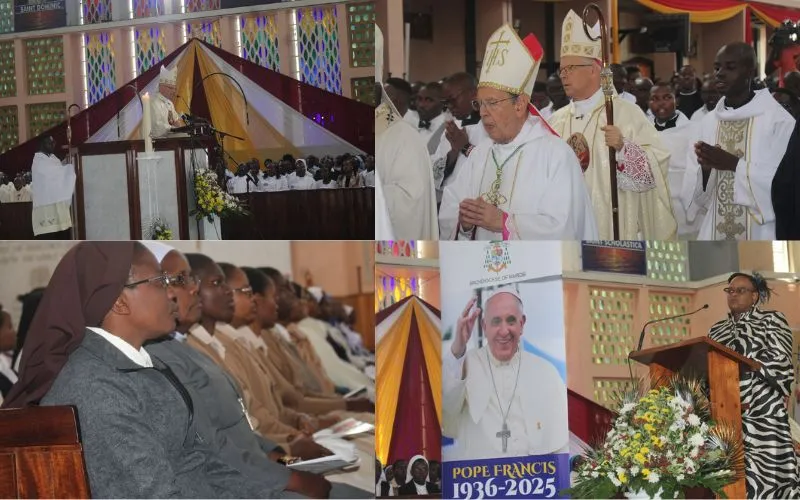Her work in Egypt has been presented to the congressional committees of the U.S. Congress, she says, adding that this has resulted in greater visibility about the situation of Christian women in the African country.
“My work focuses on human and women’s rights worldwide. In particular, I have worked with young girls who have been traumatized by political, religious or other circumstances,” she says, and adds, “As I carried out my research, I was deeply moved by the great lengths to which the fathers go for their kidnapped daughters.”
She gives a case of a man who received an anonymous phone call, with the caller warning, “Watch out for your daughter, we have our eyes on you!”
“The man knew that this was not just an idle threat. He even took his daughter out of school and did not let her leave the house by herself,” she narrates.
Two or three weeks after the call, the daughter is said to have asked her mother to let her go to the market, which was located only a few hundred meters from their house.
(Story continues below)
“The daughter has not been seen since,” Ms. Clark says, and adds, “The father has received several calls from the kidnappers. He recorded the calls and went to the police. But nothing happened. He has not been given any assistance.”
Apart from kidnapping, girls in Egypt are sometimes lured into the hands of the assailants under false pretenses, the adjunct professor at the Elliot School of International Affairs in Washington says.
“There are a number of different cases involving young Christian women who came from broken families,” she says, and explains, “A girl has a girlfriend from the Muslim neighborhood who tells her, ‘My brother likes you; he would like to start seeing you more often.’ The girl begins a relationship. But sometimes this turns out to be a trap: the man invites the girl to visit him at home, where she is then raped.”
The rape, Ms. Clark explains, “catapults the case to a whole different level.”
“If the girl comes from a conservative family, she is considered dishonorable and is no longer permitted to return home. Or the woman is raped and forced into marriage and the religious conversion that this entails. What starts out as a beautiful relationship turns into a nightmare. This ‘lover boy phenomenon’ has been studied and documented extensively,” she narrates.
Ms. Clark says the tendency to refrain from passing judgment on other religions and cultures in Egypt leads to dismissal of women and girls who are kidnapped and forced into marriage.
She appeals to politicians in the African nation to ensure that a safe place is available to those who have experienced religious violence.
“There was a time, for example, when cases of violence against Coptic Christian women in Egypt were referred to as ‘alleged cases’. However, these cases are backed by evidence,” the human rights expert says.
She adds, “The more politics and the media recognize that we are talking about actual cases and legitimate interests, the more these reports will be taken seriously. It is becoming increasingly apparent that this is a real threat. That is reason enough for a public outcry.”
Agnes Aineah is a Kenyan journalist with a background in digital and newspaper reporting. She holds a Master of Arts in Digital Journalism from the Aga Khan University, Graduate School of Media and Communications and a Bachelor's Degree in Linguistics, Media and Communications from Kenya's Moi University. Agnes currently serves as a journalist for ACI Africa.








